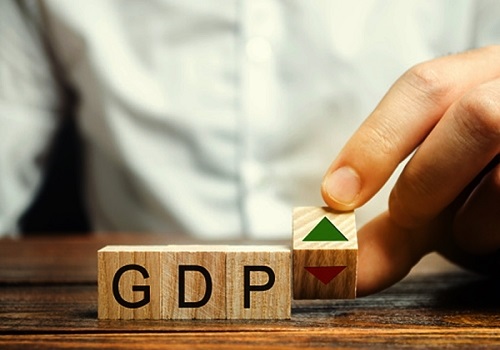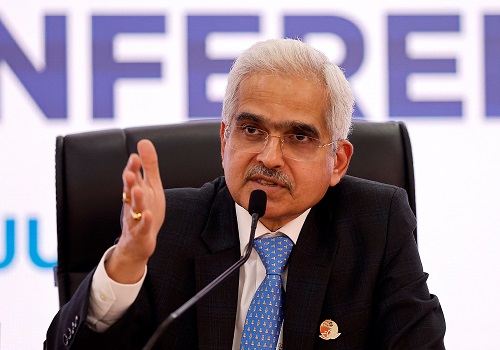India`s external position resilient despite pessimistic global trade outlook

Follow us Now on Telegram ! Get daily 10 - 12 important updates on Business, Finance and Investment. Join our Telegram Channel
Global trade is projected to end the year 5 per cent down compared to 2022’s record levels, shrinking by about $1.5 trillion to below $31 trillion, according to UNCTAD’s latest Global Trade Update.
The outlook for 2024 remains "highly uncertain and generally pessimistic", UNCTAD says in the Global Trade Update released on December 11, citing factors like ongoing geopolitical tensions, escalating debt, and widespread economic fragility.
Other elements weighing on trade include lower demand in developed countries, less trade in East Asia, an uptick in trade-restrictive measures, commodity price volatility and lengthening supply chains, particularly between China and the United States.
The report shows that global trade patterns are increasingly influenced by geopolitics, with countries showing preferences for politically aligned trade partners, a trend termed "friend-shoring".
The trend has become more pronounced since late 2022. Meanwhile, the geographical proximity in international trade -- nearshoring or far-shoring -- has remained relatively stable.
The report also highlights a marked increase in trade concentration.
“There has been an overall decrease in the diversification of trade partners, indicating a concentration of global trade within major trade relationships,” it says.
The Global Trade Update notes a significant uptick in 2023 in trade-restrictive measures, especially non-tariff measures (NTMs).
It says the increase is driven by a resurgence of industrial policies and the pressing need for countries to fulfill climate commitments. These factors have prompted countries to favor policies that support domestic industries and reduce reliance on foreign supply chains.
India’s current account deficit stood at $8.3bn (1 per cent of GDP) in Q2FY24, lower than $9.2bn (1.1 per cent of GDP) recorded in the first quarter of the current fiscal as well as $30.9bn in the same quarter last year, driven by lower goods trade deficit and expansion in services surplus, says Sujan Hajra, Chief Economist & Executive Director, Anand Rathi Shares and Stock Brokers.
The lower CAD for the period over last year has been supported by a fall in trade deficit in the quarter to $61bn compared to $78bn in Q2FY23












 320-x-100_uti_gold.jpg" alt="Advertisement">
320-x-100_uti_gold.jpg" alt="Advertisement">









